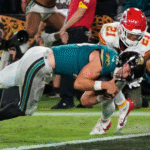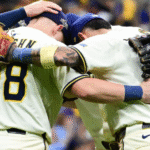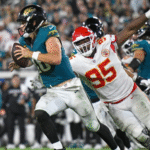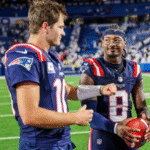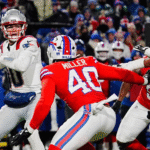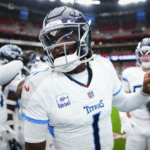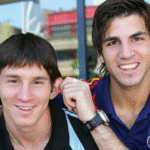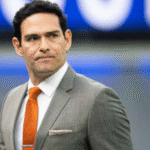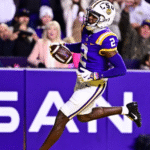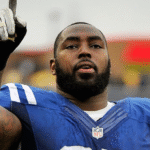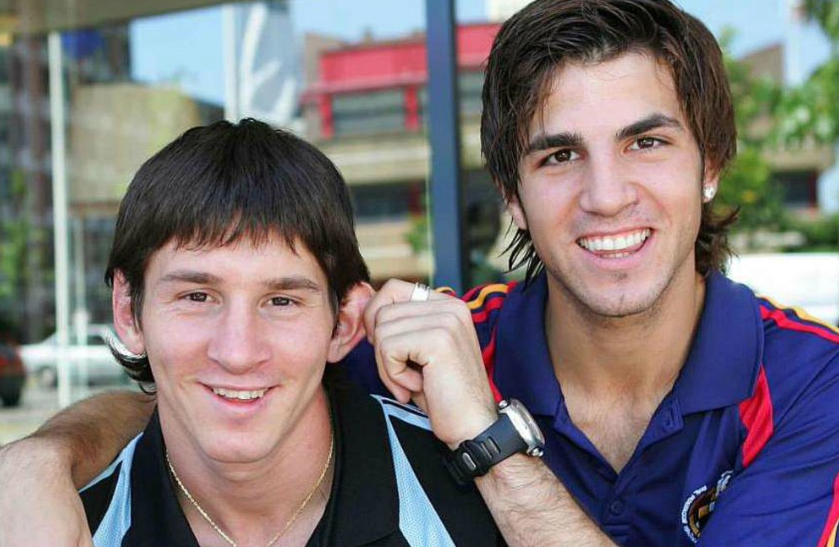
The Quiet Magician: Lionel Messi’s Journey from the Streets of Rosario to a Global Icon. There’s something almost mythical about Lionel Messi. Picture December 18, 2022, for a moment: Lusail Stadium in Qatar, the World Cup final, and Argentina trailing France in extra time. The tension in the air is so thick that even watching on TV takes your breath away. Then Messi steps up for a penalty. The ball lands in the net, and the ensuing uproar shakes the foundations of football history. At 35, the man who carried a nation’s dreams on his tiny shoulders for two decades finally lifts the trophy that has always eluded him. Tears flow from his eyes, not dramatic but genuine human tears. In that moment, Messi is not just a player, he is a story, A reminder that talent isn’t born in the spotlight but forged through everyday hard work
By October 2025, Messi is still creating magic on the field, now playing for Inter Miami in Major League Soccer (MLS) under the Miami sun. At 38, he no longer chases records; he’s redefining how to maintain grace with age in sports. But to understand the man behind this magic, his simple lifestyle, his unwavering character, and a biography that feels like a workmanlike fairy tale, we must start at the beginning. Get ready; this is the long, winding story of Leo Messi, told not in pages of statistics, but as the life of a child who never let the world change him.
Rosario Roots: The Boy Who Defied the Odds. Lionel Andrés Messi was born on June 24, 1987, in Rosario, Argentina—an industrial city far from the glitz and glamour of Buenos Aires. The Messi family was not wealthy; His father, Jorge, worked the night shift at a steel factory, while his mother, Celia, worked double duty at a magnet factory. Leo, the third and shortest of four sons, seemed destined to blend into the crowd. But as soon as he learned to walk, the ball seemed to cling to his left foot.
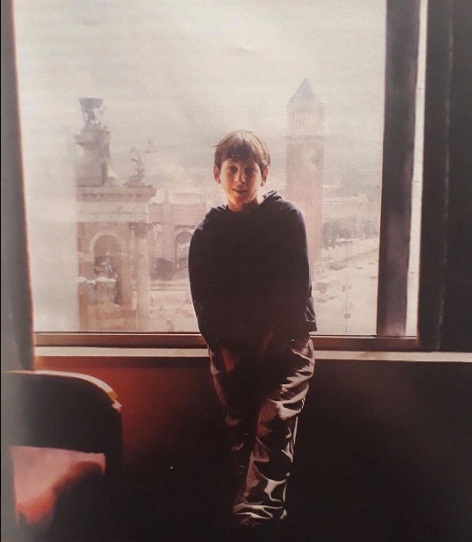
Family stories tell of Leo’s first “match” against his older brothers, Rodrigo and Matias, in the dusty courtyard of their modest home. He would dodge imaginary defenders, his small frame concealing incredible control that astonished adults. At four, he began playing for local club Grandoli, where coach Salvador Garcia remembers a child so shy he barely spoke, yet whose feet seemed to exude magic. “He was magical,” Garcia said. “As if born with a ball.”
But magic couldn’t afford growth hormone. At the age of 10, doctors diagnosed Leo with a growth hormone deficiency—a cruel condition that could have kept him physically small and forced him out of the game. The treatment cost $900 per month, which was unaffordable for the Messi family. Local clubs like Newell’s Old Boys were interested in him—he scored 500 goals there in six years, a feat that still seems incredible today—but they couldn’t afford it. Then came FC Barcelona. In 2000, scouts spotted the then-13-year-old during a trial in Spain. Barca director Carles Rexach wrote on a napkin: “We sign this kid.” The family sold everything, packed up, and moved 6,000 miles away. Leo left behind his grandmother, Celia (after whom he was named), whom he would push in a wheelchair to matches, whispering, “One day, Abuela, I’ll make you proud.”
That napkin bet paid off. At Barca’s famed academy, La Masia, Leo found a way to thrive amid homesickness and hormone injections. At 16, he made his senior team debut in a friendly against Porto in 2004, coming on as a substitute and immediately outwitting a defender. By 2005, he had become the youngest scorer in La Liga history. The rest? It’s written in golden letters: 672 goals for Barcelona, the club’s all-time record. Ten La Liga titles, four Champions Leagues, seven Copa del Reys.
He surpassed Pelé’s goal tally, broke records, 91 goals in a calendar year, anyone listening? and won eight Ballon d’Or awards, more than any other player. Internationally, after the initial setbacks of the 2006 World Cup and the Copa América, he led Argentina to glory: the 2021 Copa, Finalísima, and that elusive 2022 World Cup, where he scored seven goals and was named Player of the Tournament.
Yet, despite 45 major titles—more than any other player in history—Messi’s magic lies more in his character than his trophy cabinet. His injuries? From hamstring problems to a 2013 spinal cord injury, he battled them. Tax scandals? He faced them with quiet fortitude. Leaving Barça in 2021—due to the club’s financial crisis—could have broken a weak spirit. Instead, Messi started over at PSG, winning two Ligue 1 titles, and then landed in Miami in 2023, building Inter into a contender and sending MLS viewership skyrocketing.
The Magician’s Heart: Character That Transcends Trophies. If Messi’s legs are magic, his character is the quiet strength that keeps him grounded. Ask anyone who meets him—from his La Masia coaches to his World Cup teammates—and they’ll all say the same thing: Leo is humble. Surprisingly humble. In a sport rife with egotistical players, he arrives at training wearing flip-flops, cracks jokes in broken English, and lets his game do the talking.
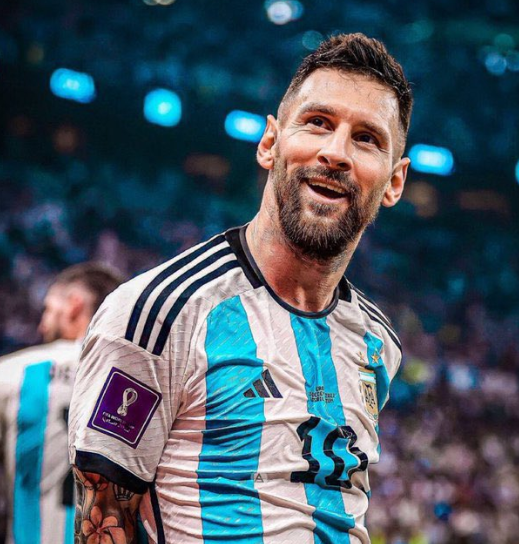
He’s calm, friendly, understanding, intelligent, and humble,” said a Barcelona local who knew him from a young age. Shy? Absolutely. Introverted? Extremely so. He avoids press conferences as if they were taxes, preferring post-game texting with teammates to podium speeches. But don’t mistake calm for weakness. Messi’s backbone was forged in the tough streets of Rosario.
Passion is his strength, a passion that borders on obsession. “He has a burning passion for everything football,” said one fan. Watch him in action: eyes on the ball
